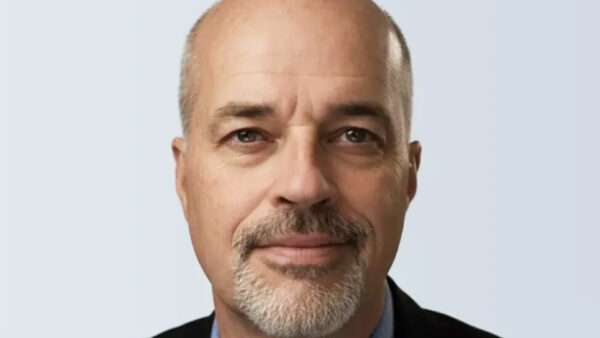
CIOB chief executive Chris Blythe has been awarded the prestigious Louis Armstrong Award which recognises outstanding leadership of a UK Professional Body at MemCom 2017, the conference and awards event for membership organisations.
The MemCom Awards celebrate excellence in membership marketing, communications, product and service development highlighting best practice, teamwork and leadership.
The award was presented to a chief executive who in the opinion of the judges has provided outstanding leadership of a professional body and demonstrated how the organisation has advanced under their leadership, having an impact on not just the profession but also on the economy and society at large.
Among the other names shortlisted for the award were Nick Baveystock from the Institution of Civil Engineers, Mark Downs from the Royal Society of Biology and Julia Scott from the Royal College of Occupational Therapists.
The Louis Armstrong Award was originally established in 2015 in the name of the deceased former chief executive of RICS and celebrates the importance of leadership in professional bodies, who not only set standards that protect the public but make a significant contribution to the UK economy.
The evening also brought success for the CIOB Academy which was highly commended in the Best New Product Development category for launching the industry’s first Massive Open Online Course (MOOC) on Construction Ethics and Compliance.
Speaking about the award, Blythe said: “It is especially significant for me to win the Louis Armstrong Award. Louis was an unofficial mentor for me when I joined the CIOB 17 years ago and was very supportive.
“While I take great personal pride it is actually a statement of how far the CIOB has come and its promise for the future. The real stars are the members and staff I have worked with over the years.
“Professional bodies play an important role both in the industry and in wider society. More often than not these organisations go about their work without fanfare and yet their impact can be felt across the globe. They raise standards, promote professional values and tackle uncomfortable truths. They are social enterprises for the public good.”










